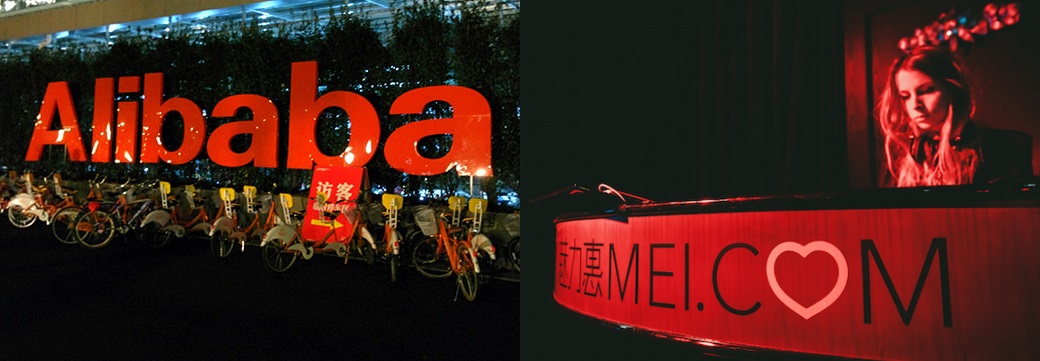
Alibaba Group Holding Ltd. (NYSE:BABA), a Chinese e-commerce company, has invested a large stake in website Mei.com. While Alibaba has not publically disclosed the specific amount it purchased in Mei.com, Chinese media outlets have reported the amount exceeds $100 million. Once the deal is finalized, Alibaba will hold more than 50% of Mei.com.
Background
Alibaba, which conducts its business through online websites, was formed in 1999 by business magnate and philanthropist Jack Ma. The company went public in 2014 in the United States in what has been called one of the biggest initial public offerings in American history. While its primary website is Alibaba.com, Alibaba has several other websites it operates to sell its products.
Mei.com is a Chinese online sales business that specializes in discounted luxury goods. In 2012 high-fashion department store Neiman Marcus invested $28 million in Mei.com, but sold its shares just two years later. For 2013 Mei.com had accumulated $82 million in revenue. A year later, the website received a $65 million investment from Hong Kong based jewelry brand Chow Tai Fook and Investec Bank.
Adding Value
For Alibaba, a stake in Mei.com is a logical addition to its portfolio. First, Mei.com is yet another online sales platform that has been successful at building a customer base and producing revenue.
“Mei.com’s close cooperation with a wide selection of luxury brands will complement [one of Alibaba’s websites] Tmall.com’s existing selection of affordable luxury goods for Chinese consumers,” Alibaba said in the statement.
Additionally, Mei.com has a flash sales platform that offers a single product for sale for 24 to 36 hours. This system incentivizes customer purchase of that specific product enabling the company to liquidate surplus inventory. For Alibaba, they view this system as beneficial for both customers who want cheaper products and the business that wants to manage its stockpile.
Mei.com also adds more scale to Alibaba’s bigger supply chain providing an extra avenue of moving products from the supplier, Alibaba or Mei.com, to the consumer.
In Light of Accusations…
Despite its stellar financial history, Alibaba enters the deal with a cloud of controversy over accusations it knowingly allowed sales of counterfeit luxury items to be sold on its websites. In May, Kering SA, the parent company of Gucci and Yves Saint Laurent, filed a lawsuit accusing Alibaba of being a “conduit of counterfeit items.”
While Alibaba has vigorously denied the charges as baseless, the accusations raise questions about Alibaba’s ethical practices and could potentially lead to lengthy litigation.
Turbulent Chinese Markets
What further complicates Alibaba’s investment in Mei.com is the volatility of the Chinese markets. The Chinese market is in crisis with stocks rapidly dropping and predictions forthcoming of further losses. In just three weeks, stocks on China’s most prominent exchange fell 30% from a seven-year high. Furthermore, the ChiNext Index has lost 42% of its value over 21 days.
The Chinese technology stocks have been specifically negatively impacted, losing 40% in value just last month. Alibaba trading on the NYSE is at one of its lowest points now after a record breaking IPO last year. Alibaba’s shares are currently selling for just under $80 per share and are down slightly in pre-market trading. This predicament makes Alibaba a potentially risky investor in Mei.com and could foretell problems to come for both websites.
Don’t be late to the party – Click Here to see what 4500 Wall Street Analysts say about your stocks.